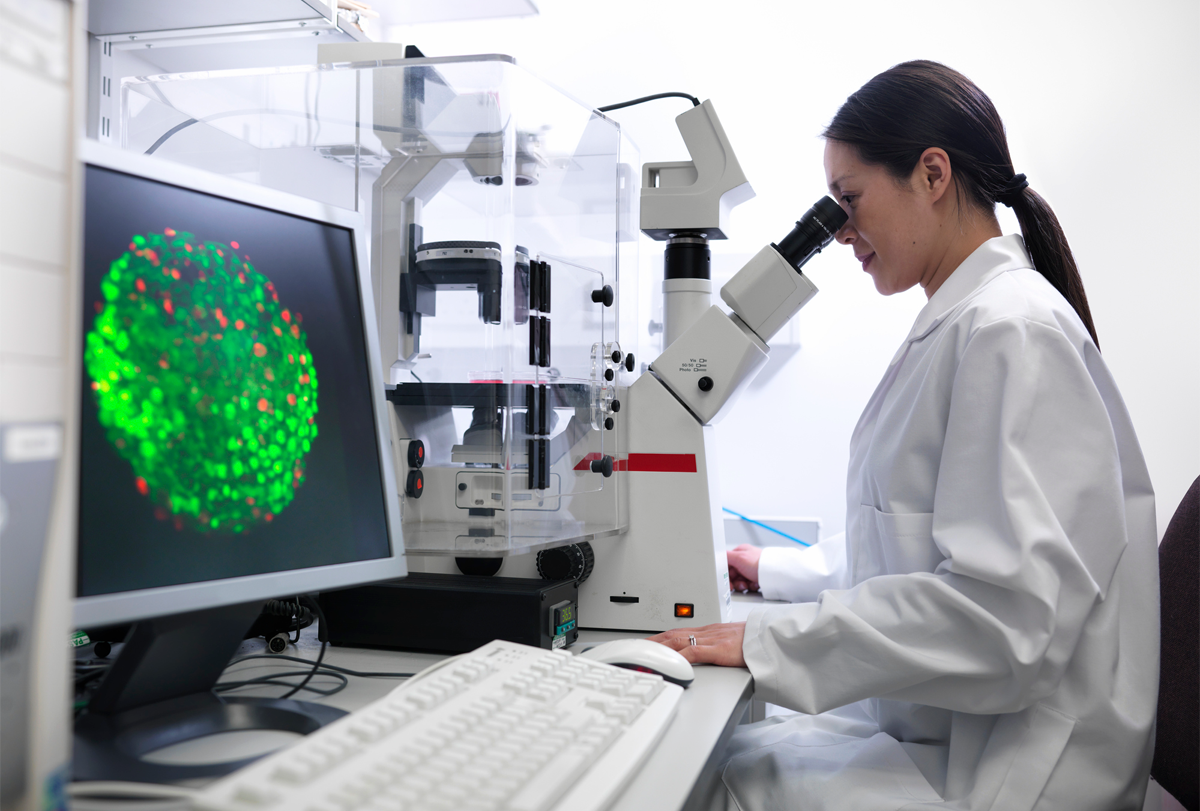Jack Mosher is scientific adviser for the International Society for Stem Cell Research in Evanston, Illinois, and worked with the standards initiative task force and working groups to develop the Standards for Human Stem Cell Use in Research.

Jack Mosher
Scientific adviser
International Society for Stem Cell Research
From this contributor
Raising the bar for stem cell research: Q&A with Jack Mosher
New quality benchmarks for basic research involving stem cells promise to improve rigor and reproducibility, says Mosher, who helped develop the standards.

Raising the bar for stem cell research: Q&A with Jack Mosher
Explore more from The Transmitter
Organoids and assembloids offer a new window into human brain
These sophisticated 3D cultures reveal previously inaccessible stages of human brain development and enable the systematic study of disease genes.

Organoids and assembloids offer a new window into human brain
These sophisticated 3D cultures reveal previously inaccessible stages of human brain development and enable the systematic study of disease genes.
Who funds your basic neuroscience research? Help The Transmitter compile a list of funding sources
We want to hear from you about the sources of funding for your research.
Who funds your basic neuroscience research? Help The Transmitter compile a list of funding sources
We want to hear from you about the sources of funding for your research.
The future of neuroscience research at U.S. minority-serving institutions is in danger
Cuts to federally funded programs present an existential crisis for the University of Puerto Rico’s rich neuroscience community and for research at minority-serving institutions everywhere.

The future of neuroscience research at U.S. minority-serving institutions is in danger
Cuts to federally funded programs present an existential crisis for the University of Puerto Rico’s rich neuroscience community and for research at minority-serving institutions everywhere.